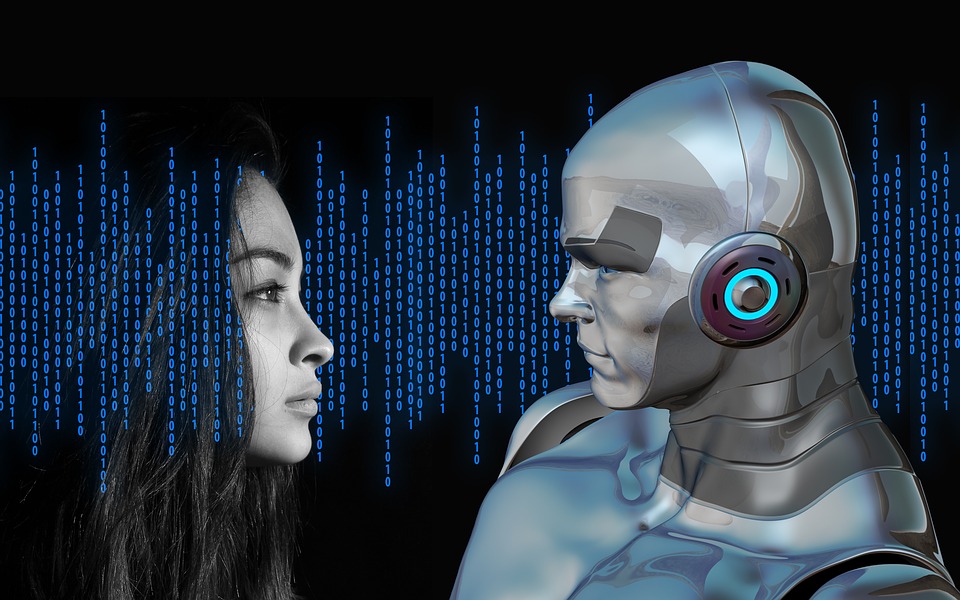
- HSBC predicts six banking jobs of the future
- Blending technology with people skills will be key
A recent white paper by HSBC, Human Advantage: The Power of People, offers a glimpse into the future of banking, predicting some surprising new types of jobs.
Andrew Connell, Global Head of Innovation and Partnerships and Asia Pacific Head of Digital, RBWM, HSBC described, “Many of the roles and job titles of tomorrow are unknown to us today. One thing is certain, however—artificial intelligence will not replace human intelligence. Blending the best technology with the power of people will be the difference between good and great when it comes to customer experience.”
The report predicts six job types that could be vital to the future of the banking industry:
Mixed Reality Experience Designer: Mixed or augmented reality will be our primary interface to the digital world in the future, and will likely be used to carry out our banking needs.
Algorithm Mechanic: A rising proportion of decision-making is made by algorithms. Tuning these algorithms to optimise customer experience is a skill in growing demand.
Conversational Interface Designer: Conversational interface design helps us take advantage of voice and text chatbots, which will grow in importance as the technology becomes more mainstream.
Universal Service Advisor: Service agents will soon be able to switch seamlessly between virtual and physical environments from anywhere, anytime to meet customer needs.
Digital Process Engineer: Many banking customer interactions follow standardised digital flows, and someone needs to analyse, assemble and optimise these workflows.
Partnership Gateway Enabler: In an increasingly networked business world, digital relationships with banking partners will need more careful monitoring.
Co-author of the report, Applied Futurist, Tom Cheesewright, comments: “The role of humans and robots in tomorrow’s workforce has been hotly debated the world over, but the positive impacts of automation have largely been overlooked. Whilst machines will continue to take on the more robotic processes, increased emphasis will be placed on our ‘most human’ resources; qualities like curiosity, creativity and empathy will continue to set us apart from machines.”






